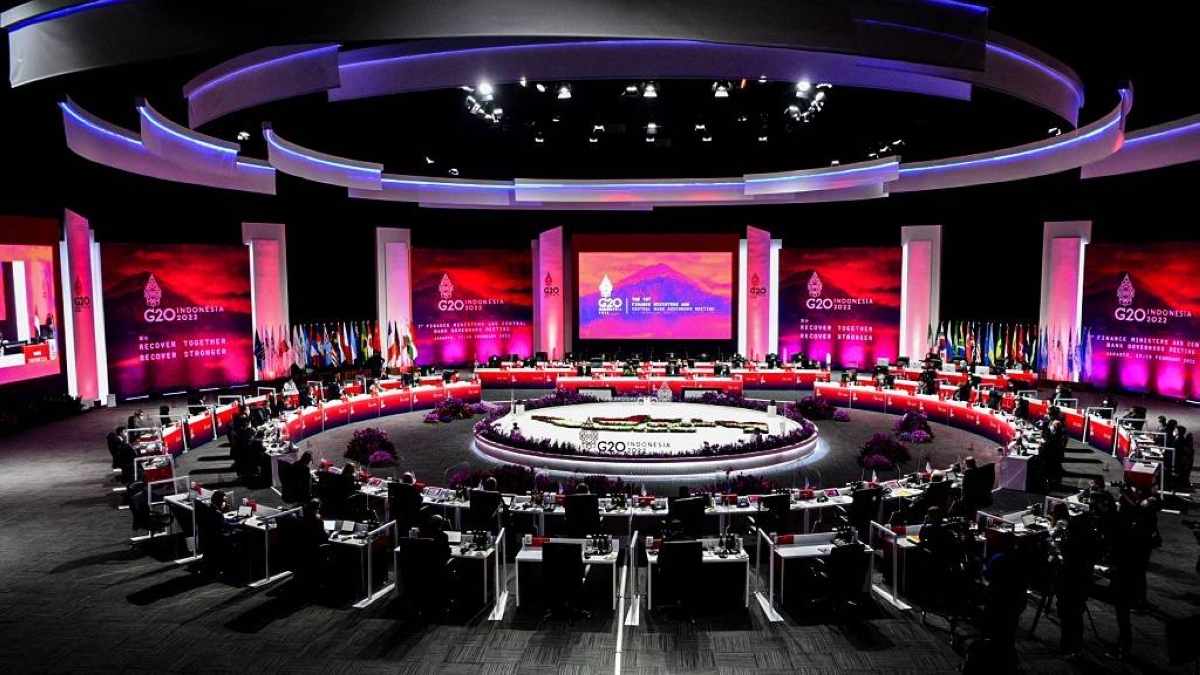Efforts to combat public sector corruption are facing significant challenges worldwide, with a recent corruption index revealing a “global decline in justice and the rule of law since 2016.” Transparency International, the organization behind the annual Corruption Perceptions Index, found that 23 countries have reached their lowest levels of corruption perception in almost three decades. Surprisingly, this includes both high-ranking democracies and authoritarian states.
Transparency International Chairman François Valérian emphasized the need for justice systems to effectively punish wrongdoing and hold governments accountable. Without strong enforcement and oversight, corruption will continue to thrive. The Corruption Perceptions Index measures the perception of public sector corruption based on 13 data sources, including reputable organizations such as the World Bank, the World Economic Forum, and private risk and consulting companies. It ranks 180 countries and territories on a scale from 0, indicating high levels of corruption, to 100, representing very clean governance.
Even traditionally high-scoring democracies such as Iceland, the Netherlands, Sweden, and Britain have experienced a decline in their corruption perception scores. Similarly, authoritarian countries like Iran, Russia, and Venezuela have also witnessed a drop. This indicates that corruption is not limited to a specific type of government or political system.
On the positive side, Denmark continues to lead the index for the sixth consecutive year, with a score of 90. Finland follows closely with 87, and New Zealand ranks third with 85. The top 10 also includes Norway, Singapore, Sweden, Switzerland, the Netherlands, Germany, and Luxembourg. However, it is important to note that even these top-ranking countries are not immune to corruption challenges.
At the other end of the spectrum, Somalia once again received the lowest score with only 11 points. It is joined by South Sudan, Syria, and Venezuela with scores of 13 each. Yemen follows closely with 16, while Equatorial Guinea, Haiti, North Korea, and Nicaragua all scored 17. These countries face significant hurdles in combating corruption and establishing effective governance.
The report also highlights the lack of progress in curbing corruption in the Asia-Pacific region. Despite efforts, the region has shown “little to no meaningful progress.” This is a concerning trend that needs to be addressed through targeted reforms and increased transparency.
Ukraine stands out as a positive example, with a score of 36 and 11 consecutive years of improvement. Despite the challenges posed by Russia’s invasion, Ukraine has focused on judicial reforms as part of its bid to join the European Union. This demonstrates that with the right strategies and commitment, even countries facing significant obstacles can make progress in fighting corruption.
The findings of the corruption index serve as a wake-up call for governments and international organizations. It is crucial to prioritize the strengthening of justice systems, promoting transparency, and ensuring accountability. Without these measures, corruption will continue to undermine trust in public institutions and hinder social and economic development.
In conclusion, the global decline in justice and the rule of law since 2016 is a concerning trend that demands immediate attention. The Corruption Perceptions Index provides valuable insights into the state of corruption worldwide, highlighting the urgent need for effective measures to combat this pervasive issue. By addressing corruption head-on and promoting transparency, governments can restore public trust and pave the way for a more just and accountable society.







